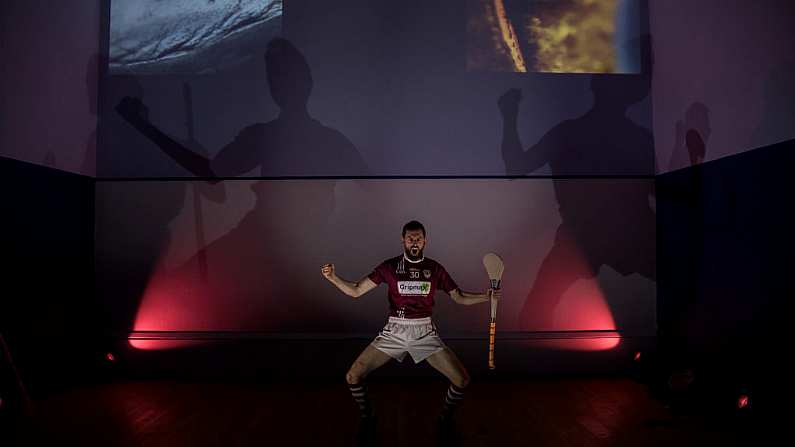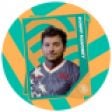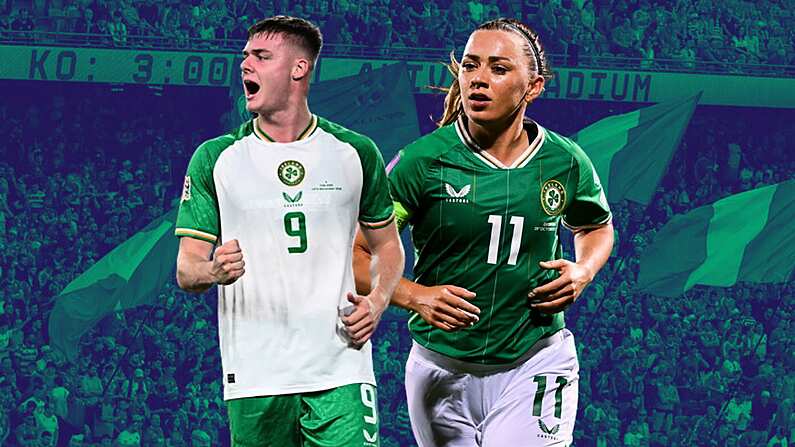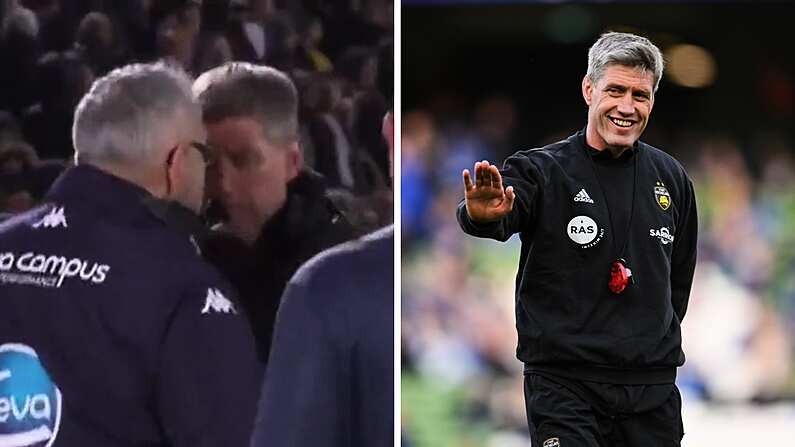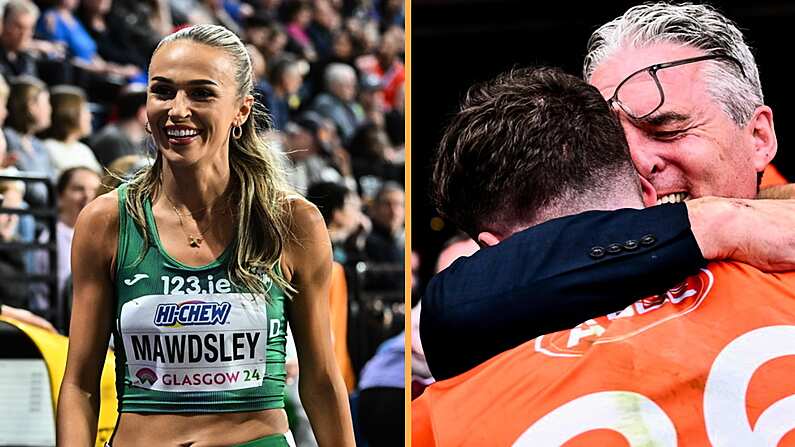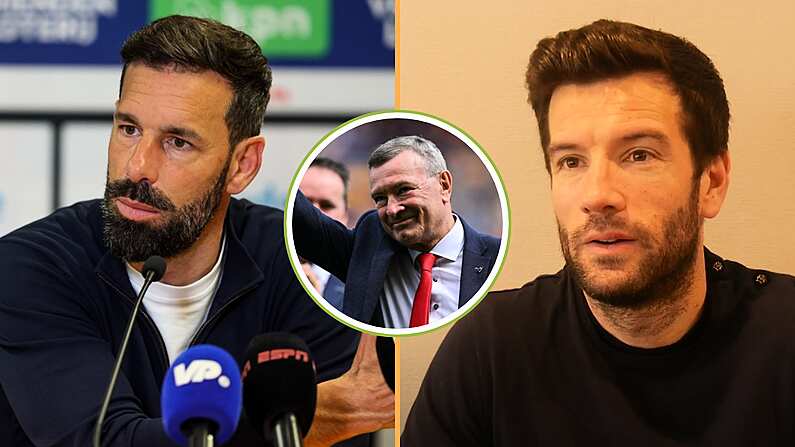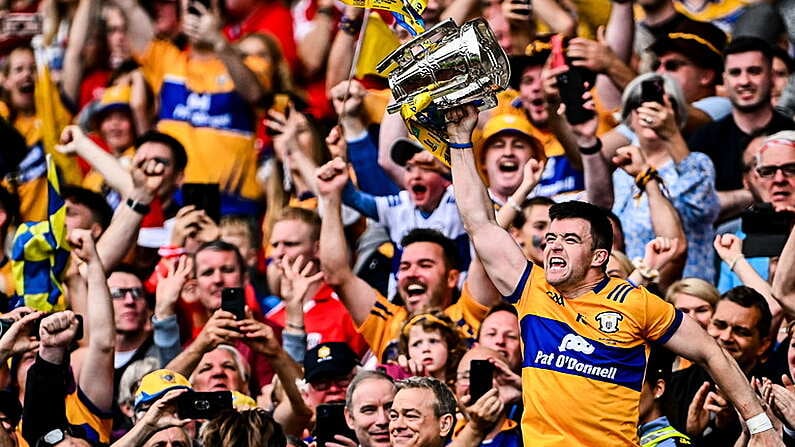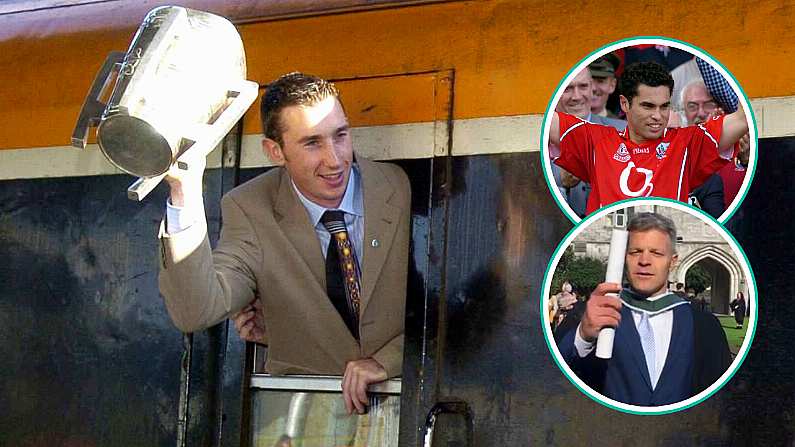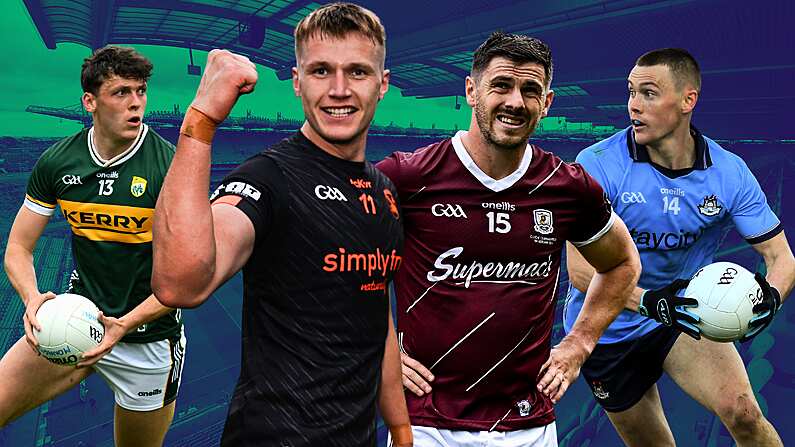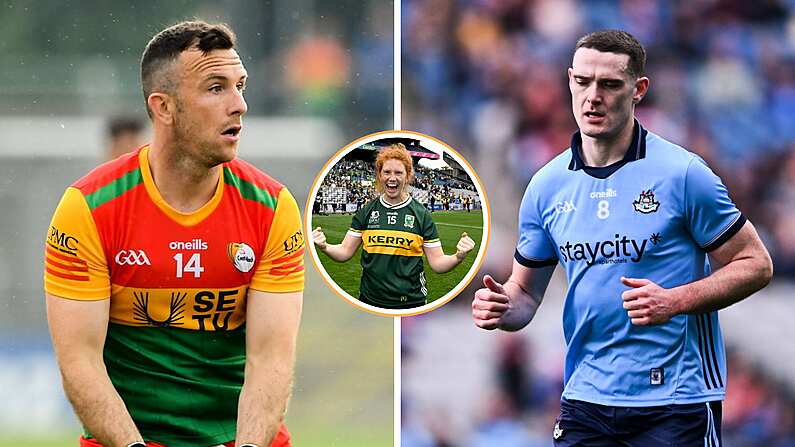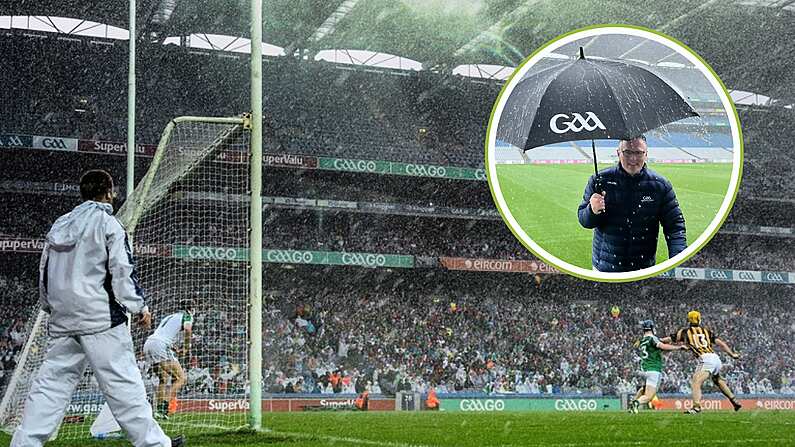The Irish male is coping with a crisis. Perhaps it is a similar mental health crisis to the one being experienced across the Western world, but there are uniquely Irish elements to this crisis and it is up to Ireland’s own social and cultural institutions to help solve it.
The GAA has massive role to play in this process. But it's also worth asking to what extent the prevailing culture in many clubs, as its currently constituted, actually perpetuates the mental health crisis many young Irish men struggle with.
Spliced is a one-man play written and performed by Corkman Timmy Creed that’s touring GAA clubs and art centres across the country right now. It is a very important attempt to address one of the root causes of this crisis. Spliced tells Creed’s own story as a hurler with Bishopstown GAA and his struggle to define himself as anything other than a Bishopstown hurler.
People should go to see Spliced firstly because it’s very good. Creed is a compelling performer with a melodious voice. Spliced is not a mental health lecture. It is a funny, engaging and at times intense piece of theatre about the power of the GAA.
People should also go to see Spliced because the story that it tells is very important for anyone invested in GAA culture. As a young man, Creed, like so many others, defined his entire identity around his GAA club, but eventually found the hypermasculine environment around his club disaffecting and its ethos of sacrifice and surrender stifling and suffocating. Spliced documents his journey through the GAA, out of it and eventually back again to it, on his own terms.
Creed has performed Spliced at Dublin’s Fringe Fest, at the Cork Midsummer Festival, at Edinburgh Fringe, and at his own club. He’s decided to bring it around the country at a time when the GAA is crying out for alternative voices who can speak its own very specific language.
If Ireland’s mental health crisis is ever going to be fully addressed, GAA clubs need to become places where young men and women can openly communicate their emotions and worries without fear of being slagged or substituted. Spliced will speak to most people. It will particularly resonate with anyone who has struggled to understand themselves within the culture of the GAA, or anyone involved in a club who is looking for insight about the too-often-unspoken struggles that young men face with their emotions in every town and village in this country.
Balls.ie recently caught up with Timmy Creed for a conversation about the evolution of Spliced, what he loved and hated about his identity as a GAA man, and what the GAA can do to improve the mental health of its members.
Balls: Who will connect with Spliced?
TC: Firstly, anyone who has played sport. Because if you've played sport, you're often obsessed with all sports. It doesn't matter if you've played GAA. But also anyone who was struggling in a world they felt they didn’t fit in, or that they felt like they were forced to act in a particular way, they’d get it as well. Sometimes you fix identity on one thing, and when you move away from it, you have to ask yourself, 'who am I now?'
Can you discuss that internal conflict you felt between your GAA identity and your creative self?
Sure. It’s not just the level of sacrifice and commitment involved with the GAA, but this idea of trying to be an individual. As as an actor or an artist, trying to be part of a collective as a team, there’s some sort of a conflict there. You’re constantly getting pulled back into this team mentality. This group mentality, this pack mentality. When you’re trying to be an individual and have your own individual expression in a creative world... there was just a conflict there. And I felt like I needed to step away from this. I’d been doing the same thing for 20 years. I got the chance to become an actor by fluke. I realised maybe there’s other things happening in the world other than GAA.
There’s something about being critical about what’s happening and being able to express yourself wholly that's essential in the arts world. Whereas in the GAA world, one of the things I was pissed off about when I walked away was I didn’t know how to express myself. I didn’t know how to have a critical opinion of something because for years it was just ‘do what you’re told, turn up for training, come here this time next week, sit on the bench or start’. There was a more critical mind that I’d never looked into, and I just thought ‘fucking hell, this is a different way to see things’. As an actor, people would ask me what I thought about a scene, and I could feel what I wanted to say, but I didn’t have the words. I sensed that being in the machine of the GAA for that long wasn’t allowing me to grow.
It’s the sameness of it. That’s kind of the brilliance of it. That it remains the same. Always. But it’s also a scary thing, that you come back year after year. Same managers, same players, doing the same drills. There’s a sense that people feel obligated to the club. And if you go away for a few weeks, you’re made to feel guilty, and it’s spoken of by the group, and you feel like you’ve let people down, which is a ridiculous standard to be setting.
Spliced has mostly played to traditional theatre audiences but you're now bringing it to clubs. Are you worried that GAA people might have a negative reaction to Spliced?
I’m confident that the show speaks to people. People are very interested in someone making a show about the GAA. All we ever talk about is the success of the GAA. It’s an organisation that’s been run for over 100 years without anyone really questioning it. And you wonder why people on the outside have such a strong reaction against it. Why is that? That’s what I’m trying to open up, a conversation for the people on the inside.
With all of the conversation around mental health in society these days, has there been progress in GAA? What if anything can the GAA do?
The GAA have an initiative called the Healthy Clubs project, which is focused on improving the health and wellbeing of clubs. There’s 150 clubs involved and at the end of the month there’s going to be 300 clubs signed up. That’s a positive thing.
The environment in clubs is still very hypermasculine, which is a very hard place to talk about mental health. It’s very easy to say from the top ‘this is what’s happening’. They come up with these big campaigns like ‘Belong’ and it gets good media attention. But in a team dynamic, if someone said they were struggling with depression or something, the manager would think ‘when it comes to the crunch, this fella might buckle’. There’s still a stigma that says this makes you weak instead of potentially more human. You wonder - and this is a dream scenario - what if before every training session, there was a group circle where everyone shared their feelings. There’s a still a thing where if you’re feeling shite, you can’t say it. It’s difficult to say to another man that you're struggling. You’re performing your masculinity when you’re training. People will slag you for opening up conversation around more emotional things. It’s the way lads are but it’s not helpful.
Managers have a huge part to play in this, as mentors. All they want is the highest level of physical performance on the field. But there’s actually a level of growth as a rounded human that could be happening. I know it's a lot to put on a mentor. When being physically strong and winning the matches are the only things that’s important, there’s a problem. Clubs appear to nurture because they’re a social group and you have protection and you have community but are they actually nurturing the actual growth of a person? I’m not sure.
How does change happen?
All the change happens from the grassroots. And it doesn’t have to all happen at once.
It’s a generational change. There’s 500,000 members of the GAA in Ireland. I don’t think there’s any other organisation in this country that people are so connected to.
You can change it within the team. One person can talk to another person and the ball gets rolling from there. Each individual is important to that. When there’s a match being played, each player on the field has a unique inner landscape. You leave that when you come into the gates of the clubs and become this other version of yourself. It’s hard when you leave to separate yourself from that.
Everyone struggles with their identity maybe until the day they die. There was a struggle I felt in my 20s about who I was and what I wanted to do. There was a fear of really being seen by the community for what you really are. There’s a fear there to say this is how I really feel.
Going back playing hurling for four months, I fell back in love with the game. It’s a beautiful game and it’s brilliant to have a social outlet with so many people who care about you. But that’s where the conflict of it is for me: the game is so good to play but the culture of it can be so distorting.
All I would love for the show is that after its over and I leave, some guys who play - maybe guys are more senior in teams - will think differently about what it is to play, and the importance that each person’s inner world has to do with the running of the club.
Spliced Remaining dates:
- 22/10- St Marks GAA Club, Springfield, Tallaght
- 23/10 - CLG Na Fianna, Glasnevin
- 24/10 - Kilamcud Crokes GAA Club, Stillorgan
- 25/10– Cuala GAA Club, Dalkey
- 26/10 - St Judes GAA Club, Templeogue
- 29/10 & 30/10 - An Culturlann, Belfast International Arts Festival
- 1/11 - An Táin Arts Centre, Dundalk, Co Louth (offsite performance)
- 2/11 - Visual, Carlow
- 5/11 - Brian Dillons GAA Club, Montonotte, Cork
- 6/11 - St. Finbarr’s GAA Club, Togher, Cork
- 7/11 - Glen Rovers Hurling Club, Ballyvolane, Cork
- 8/11 - Blackrock Hurling Club, Cork
- 9/11 - Bishopstown GAA Club, Cork

